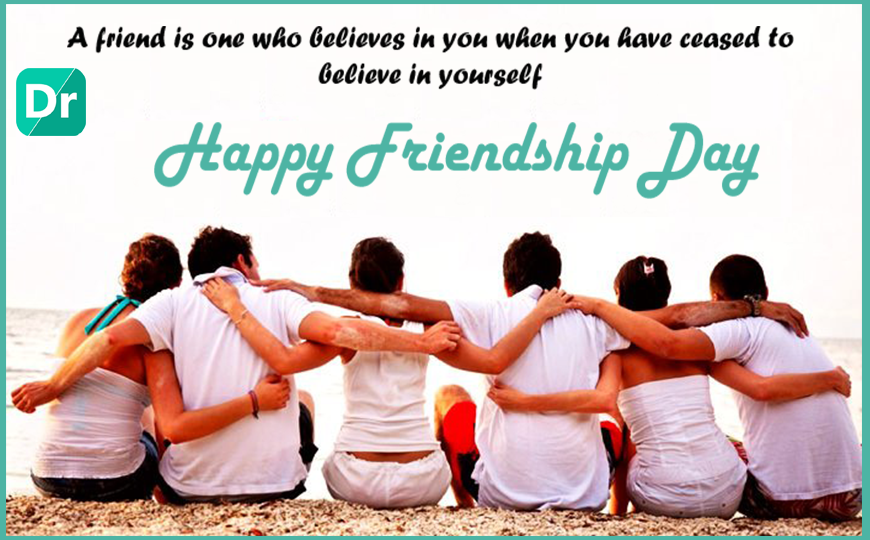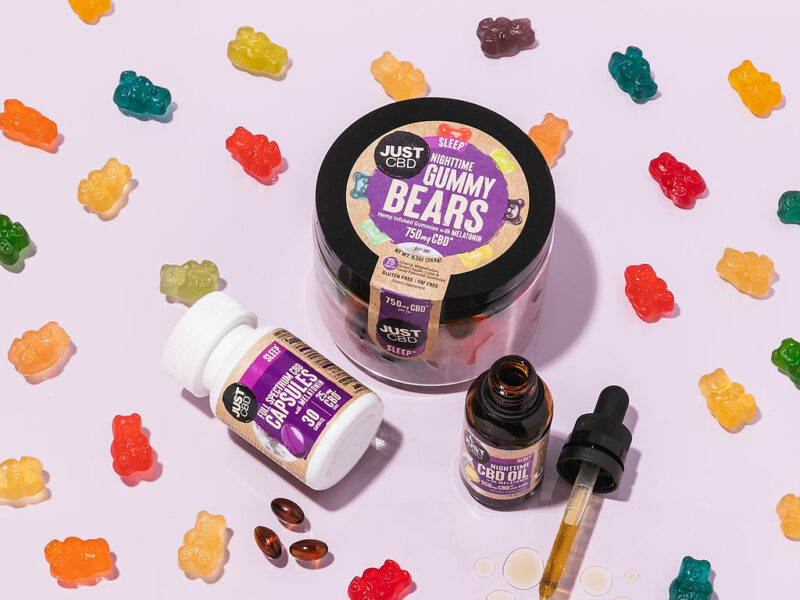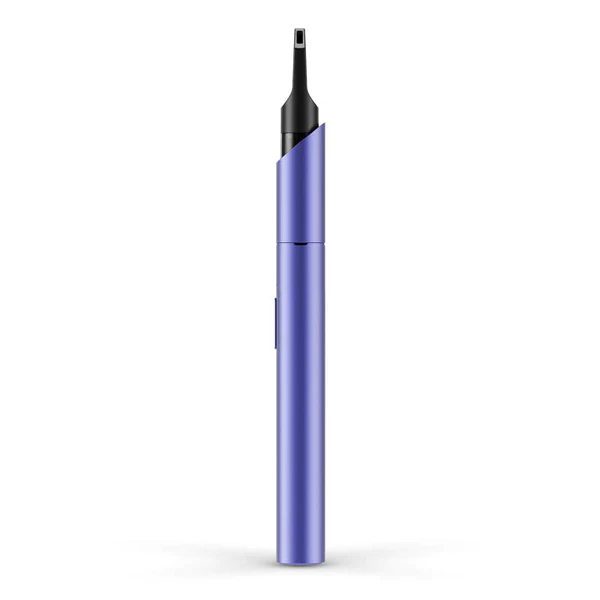Introduction
Friendship is a vital aspect of our lives, providing support, companionship, and a sense of belonging. As Friendship Day approaches, it is an opportune time to reflect on the value of friendship and consider how we can be better friends to those in our lives. In this comprehensive guide, we will explore practical tips and strategies for fostering stronger and more meaningful friendships. Whether you’re looking to deepen existing relationships or build new connections, these insights will help you become a better friend and create lasting bonds.
Table of Contents
The Importance of Friendship
- Recognizing the benefits of strong friendships
- Understanding the impact of friendships on mental and emotional well-being
Effective Communication
- Active listening and empathy
- Expressing appreciation and gratitude
- Honesty and open communication
Availability and Support
- Being there during both good and challenging times
- Offering emotional support and encouragement
- Respecting boundaries and privacy
Building Trust
- Honoring confidentiality and trustworthiness
- Maintaining loyalty and reliability
- Being accountable for your actions
Showing Interest and Engagement
- Taking an active interest in your friend’s life and pursuits
- Engaging in shared activities and hobbies
- Celebrating achievements and milestones
Empathy and Understanding
- Being sensitive to your friend’s feelings and experiences
- Respecting and validating their perspectives
- Avoiding judgment and offering support without conditions
Resolving Conflict
- Nurturing healthy communication during disagreements
- Finding common ground and compromising
- Seeking resolution and forgiveness
Celebrating Friendships
- Marking special occasions and milestones
- Creating traditions and shared experiences
- Expressing appreciation and love on Friendship Day
Balancing Reciprocity
- Striving for equal give and take in the friendship
- Supporting your friend’s needs and goals
- Communicating openly about expectations
Self-Care and Boundaries
- Prioritizing self-care to maintain healthy friendships
- Setting and respecting personal boundaries
- Avoiding codependency and maintaining individuality
Nurturing Diverse Friendships
- Embracing diversity and inclusivity in your friendships
- Learning from different perspectives and experiences
- Building connections across cultures and backgrounds
Recognizing Toxic Friendships
- Identifying signs of unhealthy and toxic friendships
- Setting boundaries and seeking support when needed
- Choosing self-care and prioritizing your well-being
Conclusion
Friendship is a precious gift that enriches our lives in countless ways. By actively working on being a better friend, we can cultivate stronger, more meaningful connections. Incorporating effective communication, support, trust-building, empathy, and self-care into our friendships allows us to create bonds that withstand the test of time. As Friendship Day approaches, let us celebrate the importance of friendship by embracing these principles and committing to being better friends to those we hold dear. Remember, a little effort and kindness can go a long way in nurturing and deepening our connections with others.
Disclaimer: The information provided in this guide is for educational purposes only and should not replace professional advice or therapy. It is essential to seek guidance from mental health professionals or counselors if you are experiencing challenges in your friendships or if you need additional support in maintaining healthy relationships.
As you continue your journey to be a better friend, remember that building and maintaining meaningful friendships is an ongoing process. It requires consistent effort, understanding, and adaptability. Here are a few additional tips to support you on this path:
- Practice forgiveness: No friendship is perfect, and conflicts may arise from time to time. Learning to forgive and let go of grudges is crucial for maintaining healthy relationships. Holding onto resentment can erode trust and create barriers between friends. Instead, embrace forgiveness as a way to heal and move forward together.
- Be reliable and dependable: One of the foundations of strong friendships is reliability. Be someone your friends can count on, whether it’s being punctual for plans, keeping promises, or offering support when needed. Your consistency and dependability will strengthen the trust and bond between you.
- Foster a sense of humor: Laughter is a powerful tool in any friendship. Cultivate a sense of humor and bring joy into your interactions. Light-hearted moments and shared laughter can create lasting memories and deepen the connection between friends.
- Respect boundaries: Each person has their own boundaries and comfort zones. Respect your friends’ boundaries and be mindful of their needs. Avoid pushing them into situations they’re uncomfortable with or prying into sensitive topics they may not be ready to discuss. Show respect for their personal space, time, and decisions.
- Be a good listener: Actively listen to your friends when they share their thoughts, feelings, and experiences. Practice empathy and avoid interrupting or offering unsolicited advice. Sometimes, all a person needs is someone who genuinely listens without judgment or trying to fix their problems.
- Support their passions and goals: Show interest and enthusiasm for your friends’ passions, hobbies, and goals. Celebrate their achievements and provide encouragement when they face challenges. By being a cheerleader and supporter, you’ll inspire them to reach their full potential.
- Practice inclusivity and embrace diversity: Embrace friendships with individuals from diverse backgrounds, cultures, and perspectives. Seek to learn from their experiences and broaden your horizons. Embracing diversity in your friendships enriches your understanding of the world and fosters mutual respect and acceptance.
- Be mindful of digital interactions: In today’s digital age, a significant portion of our interactions takes place online. Be mindful of how you communicate through text messages, social media, and other digital platforms. Use these tools to stay connected and maintain friendships, but also make an effort to have meaningful in-person or virtual interactions to deepen your connection.
- Be there in times of need: Friends rely on each other for support during challenging times. Be there for your friends when they’re going through difficult situations or experiencing emotional distress. Offer a listening ear, practical assistance, or simply be a comforting presence. Your support can make a significant difference in their lives.
- Reflect on your own actions and behaviors: Self-reflection is crucial in personal growth and relationship development. Take time to evaluate your own actions, behaviors, and attitudes as a friend. Identify areas where you can improve and make necessary changes. By being self-aware and open to personal growth, you can continuously evolve as a better friend.
Remember, being a better friend is a continuous journey that requires effort and self-reflection. Each friendship is unique, and it’s essential to adapt your approach to meet the needs of different individuals. By embracing these principles and making a genuine effort, you’ll foster deeper connections, create lasting memories, and become a source of support and positivity in the lives of your friends.
- Comprehensive Review of the Top CBD Drops By Plus CBD oil - August 28, 2024
- Hemp Sustainability Why Hemp Is So Awesome - June 10, 2023
- Can CBD Help With Itchy Bug Bites - June 9, 2023




